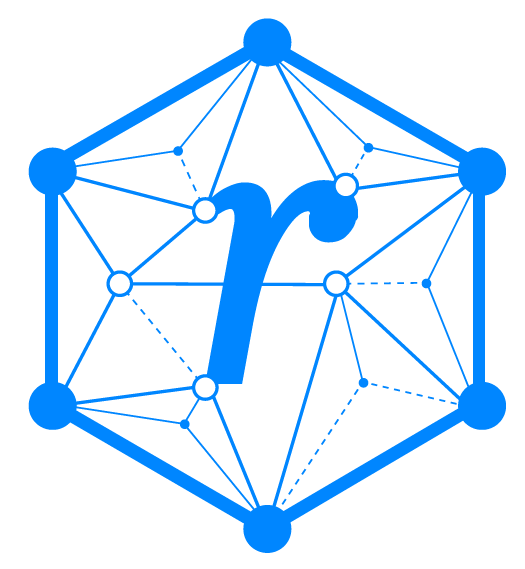What to Expect
Rebooting the Web of Trust is a design workshop, not a conference. That means that you should expect to roll up your sleeves and work when you arrive, helping to define the future of decentralized identity and other technologies on the internet. This work is broken into three stages. Here’s what to expect at each:
A Workshop Overview
Before the Workshop
Most participants will choose to submit an advance-reading paper to help influence the discussion at the workshop.
- Submit a Paper.
- You will submit a short advance reading that highlights interesting technologies you’re familiar with or problems that you want to solve.
- Read the Papers.
- You should read the advance readings submitted by others to give yourselves a handle on the discussions before the workshop.
At the Workshop
The workshop itself is four-plus days of discussions and work intended to produce collaborative work products (usually papers, but occasionally code or other outputs).
- Preview Papers.
- The first evening will usually start with an advance-reading night where we begin to share ideas before we start our workshop proper.
- Break the Ice.
- We’ve held various creative ice breakers at the start of many of our workshops, whose goals was to get people thinking actively and imaginatively.
- Choose the Topics.
- We next choose the topics that we’ll be working on. This is typically done via lightning-rounds of discussion followed by workshop-wide pitches and eventually dot voting.
- Pick Your Groups.
- We then divide up into groups, each of which is focused on producing a paper or other work product for a specific topic. This organization usually is completed by the end of day one after the advance-reading preview.
- Do the Work.
- Days 2-4 of the workshop then focus on groups indivdiually discussing, researching, and eventually writing. The workshop will come together each afternoon to report progress. By the end of day 4 the goal is to have a complete outline and some text, but occasionally a group finishes a paper before the workshop is done.
- We’ll usually take a break in the middle too, to help everyone stay fresh!
- Pick a Leader.
- A proper leader isn’t necessary during the workshop, since the groups are each collaborating. However, as we prepare to move outside of the workshop, a leader is necessary to coordinate with the team members and with the RWOT editor-in-chief. At this point it’s also optimal to identify which work each team member will do going forward, as it’ll be much harder to do that sort of coordination outside of our focused in-person environment.
After the Workshop
After the workshop, groups finalize their papers.
- Finish the Work.
- Each group will need to finish writing and editing their paper (or program or whatever). Some groups may have all of the coordination already finalized, but other groups may opt to have regular video calls until the work is done.
- Get Rough Consensus.
- The leader must ensure that he has all of the members’ agreement on the final paper, with an option for participants to remove their names from the paper if they don’t agree with the final work.
- Coordinate with the Editor-in-Chief.
- Finally, groups must coordinate with the editor-in-chief, who will do a final edit, offer back any comments if he thinks more revision is needed, and then produce a PDF to release through the RWOT web site.
- Publicize Your Work.
- Of course, our work doesn’t do any good if it just sits in the RWOT repo. You’ve presumably produced a work that’s important to you, with great collaborative input that’s made it better than its parts. You should take that output to other conferences, to your company, or to other places that might make use of it. Hopefully we’ve created the seed at RWOT that can germinate into a great new idea for decentralized identity.
For More Information
More information can be found in a pair of primers that we’ve written to provide more details on the advance reading and RWOT processes. These primers currently describe our process from RWOT10, held in Prague, but the broad strokes of each RWOT workshop are largely the same. (The ideas and participants of course differ!)
